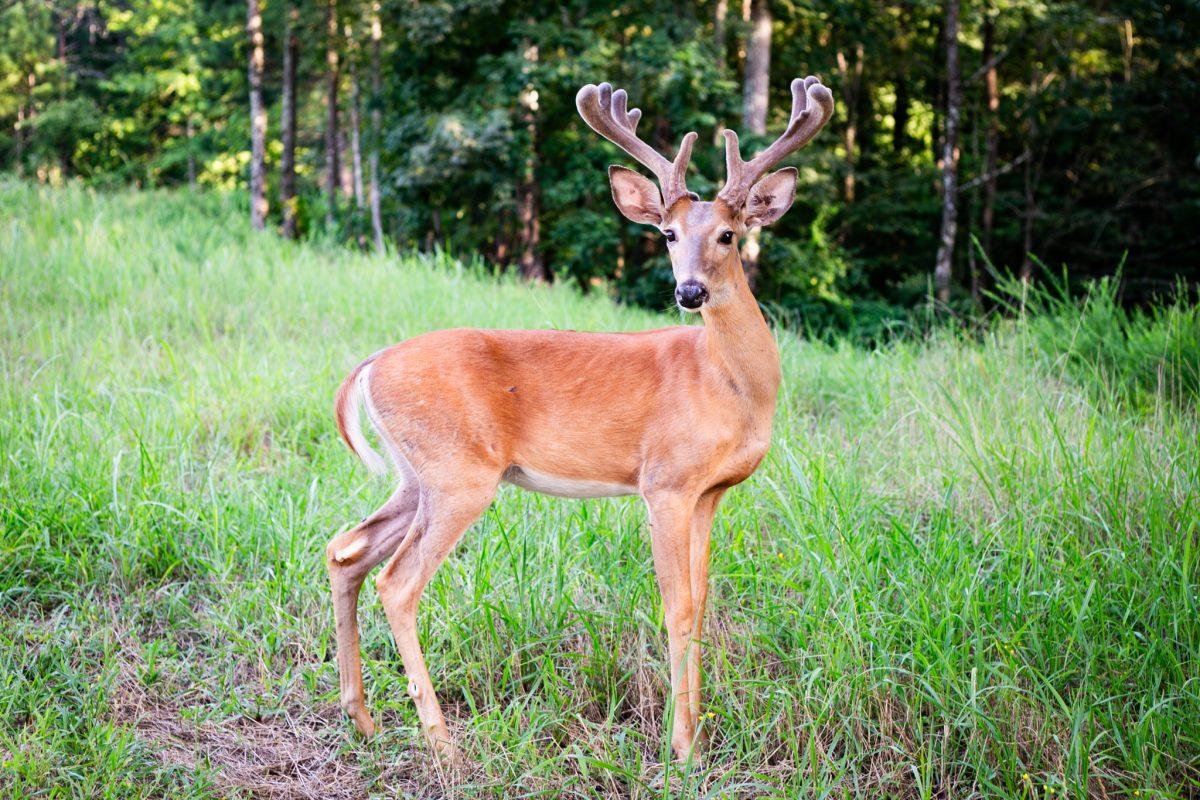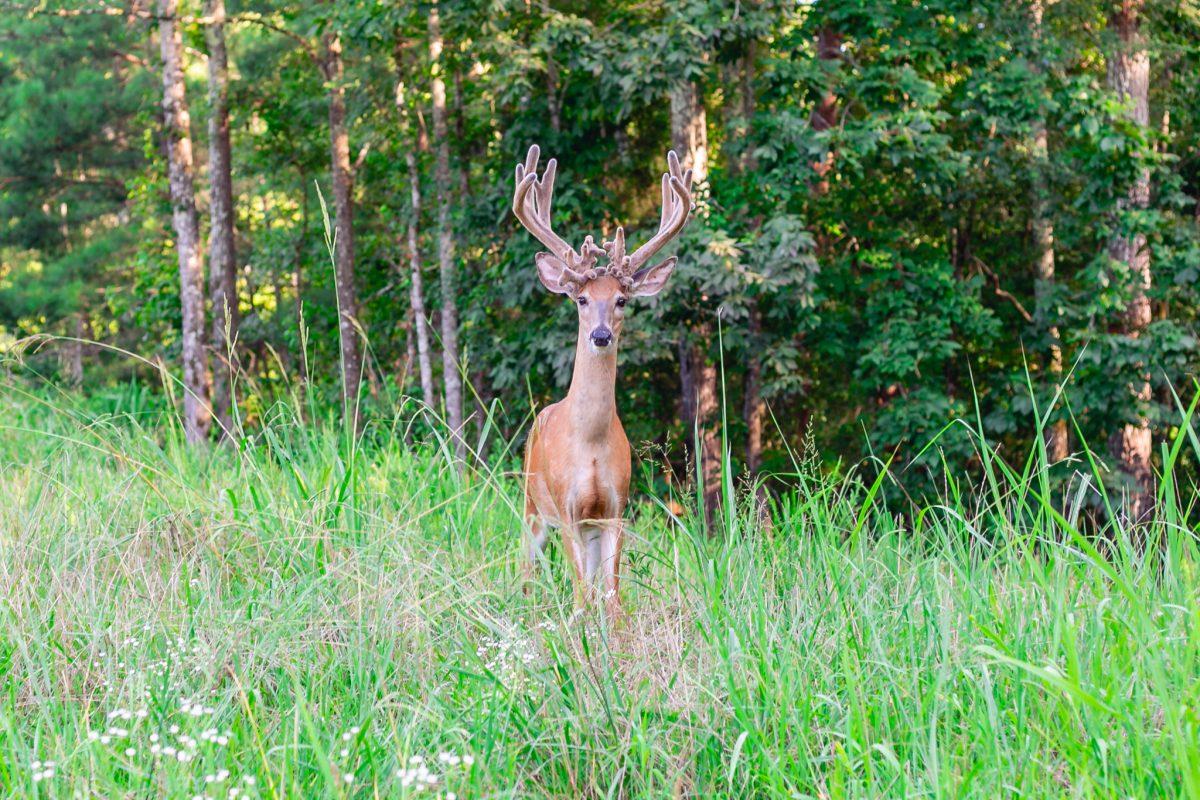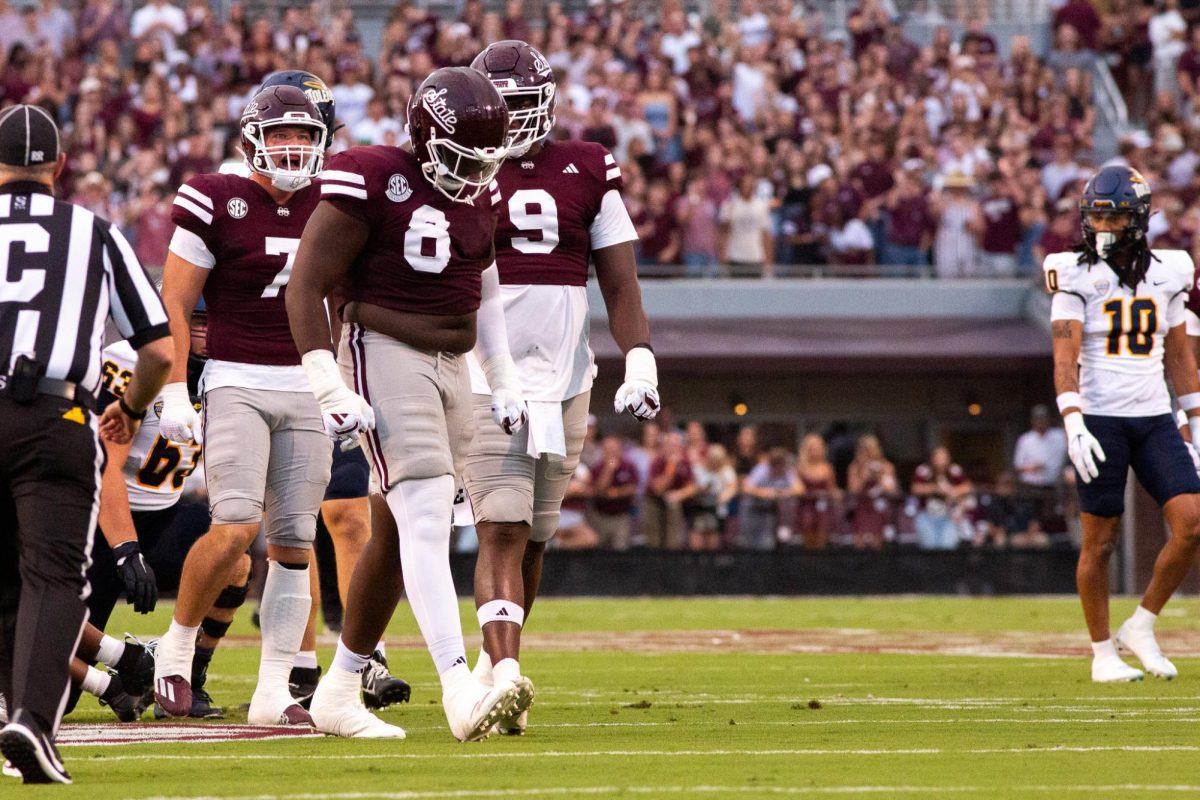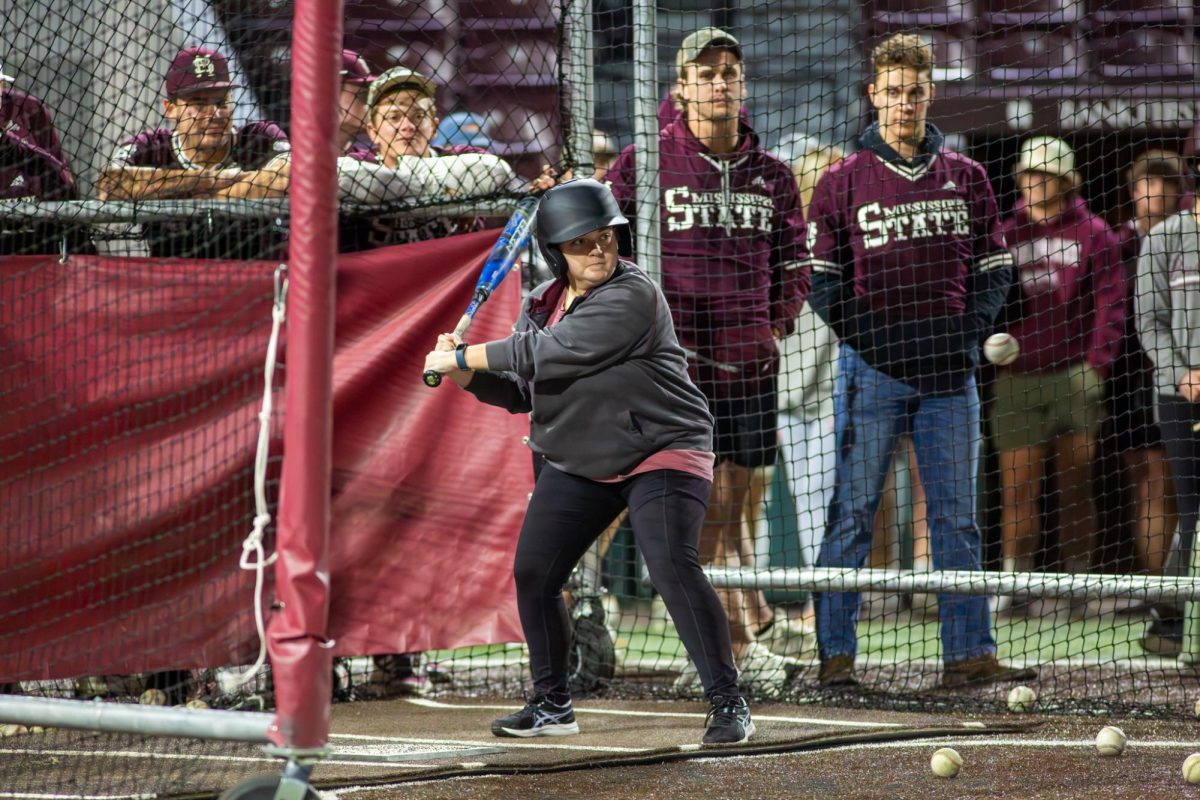Hunting is a common pastime for Mississippians, particularly during deer season. Something about setting up a tree stand, sighting a rifle scope and patiently waiting for a ten-point buck to wander through the brush keeps sportsmen counting down the days until the start of the season.
In recent years, the future of these early morning hunts have been questioned by the looming threat of climate change. Americans are already seeing some impacts of a changing system, from severe storms pounding the coastlines to wildfires raging amid months-long droughts. The effects of this phenomenon range from minor to potentially catastrophic, and only time will tell what lasting impacts these will have on our planet.
Global temperatures are on the rise, but so far, that has not had much of an impact on Mississippi’s deer population. Most of the time, the winter months are mild and the chill in the air is bearable for hunters and prey alike. According to Hunter Cloud, a Reflector alumnus and current sports and wildlife writer for The Natchez Democrat and The Daily Leader, deer in the state are acclimated to Mississippi’s weather patterns.
“Around here, in Mississippi, it’s pretty warm for most of the year anyway,” Cloud said. “They’re not really affected by the cold as much as they are in other states.”
This debunks one common myth among skilled hunters: deer are more likely to be bagged on a cold and snowy day. It is easy to fall into the belief that one successful hunt in a few inches of snow means that only these types of hunts will end with a rifle firing off. As Cloud explained, however, deer are motivated primarily by their biological wants.
“Deer are more driven by their need to feed and move and for breeding, and none of that’s really dependent on the weather,” Cloud said.
Nothing has shown that hunters or prey in the magnolia state will feel the drastic effects of rising temperatures for a long time, but climate change is still likely to cause other impacts before then.
Chronic wasting disease, known as CWD, is a dangerous disease that has already had a significant impact on deer populations across the state. According to the Mississippi State University Deer Ecology and Management Lab, CWD is caused by prions that slowly destroy the nervous system, causing extreme disorientation and eventual death. Cloud described how this disease is easily spread through dense populations of deer.
“If you have too many deer in an area, you’re going to have higher chances of deer coming in contact with a positive deer,” Cloud said. “Chronic wasting disease is spread by these infectious prions, which are shed through bodily fluids.”
However, there is more to this disease than simple transmissions from deer to deer.
“If that prion is shed into the environment, it actually persists there for a pretty long time,” Cloud said.
The Centers for Disease Control and Prevention states that CWD is known to survive in soil for an extended period of time, and it can possibly be transmitted through water as well. Multiple groups of deer — those that have no direct contact with each other — can all be indirectly infected by simply traveling through an area in which prions exist.
Imagine all of the ways in which climate change could potentially enhance the spread of CWD. With an increase in severe storms comes a higher likelihood of flash flooding. This flooding extends the length that prions can travel when carried through a swollen creek or by animals wading through puddles. Likewise, a severe drought might lead to less vegetation across an area, meaning that deer would congregate more heavily in places with enough food and could transmit the disease among themselves.
Cloud said that it is currently unknown whether chronic wasting disease could be contracted by humans.
“It’s similar to mad cow disease and other diseases like that, and those spread to humans,” Cloud said. “The thought is that CWD could, but there’s no actual reports of humans getting infected with CWD.”
There is nothing quite like deer season in the South, but if climate change continues to intensify, there could be some huge changes to the way the sport is practiced. By taking care of the environment, hunters can play a role in slowing its effects and ensure many more harvests for years to come.
Oh Deer: How could climate change impact hunting season?
The Mississippi Department of Wildlife, Fisheries and Parks (MDWFP) reported an estimated deer population of 1.75 million living in Mississippi as of 2023.
CWD infection rates are much higher among deer in captivity.
0
Donate to The Reflector
Your donation will support the student journalists of Mississippi State University. Your contribution will allow us to purchase equipment and cover our annual website hosting costs.
More to Discover























































































